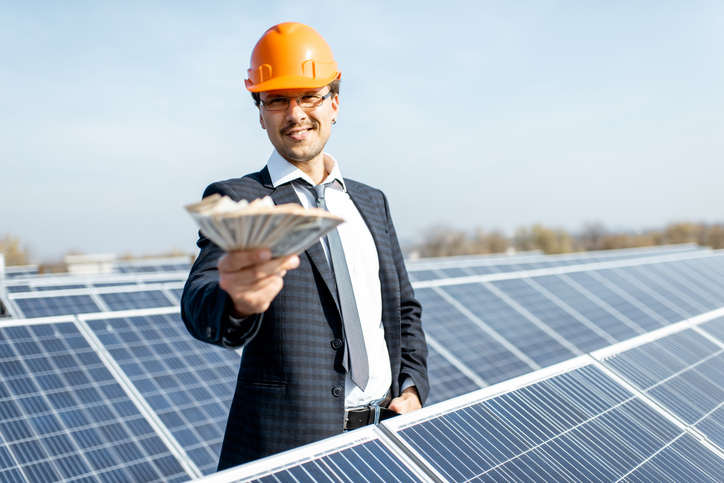Key Findings
1. HB 1046 would not reduce CO2 emissions from electricity in Washington state, which is already required to be 100 percent renewable by 2030.
2. Small solar installations are some of the least effective and most expensive forms of low-CO2 electricity.
3. The National Renewable Energy Laboratory ranks Western Washington as the worst place for solar energy outside Alaska.
4. Subsidizing community solar in Washington state combines the worst form of renewable energy with the worst location in the country. Every dollar spent on community solar in Washington state is a dollar that could be used to reduce many times more CO2 elsewhere.
5. Community solar will increase costs for the vast majority of low-income families and would do nothing to increase their access to renewable sources of electricity.
6. HB 1046 is simply a complex mechanism to funnel government subsidies to a small number of low-income families, with solar installers and community solar organizations taking a cut along the way.
7. The more serious that people believe climate change is, the less reason there is for them to support community solar.
Introduction
By 2030, Washington law requires that 100 percent of our state’s electricity must be supplied by renewable sources of energy after passage of SB 5116 in 2019.1 Despite that commitment, the legislature is considering adopting a new system that would subsidize one of the most expensive sources of renewable electricity known as “community solar.”
House Bill 1046 would allow anyone to receive public subsidies for generating solar power, even if they do not have solar panels on their home.2 Individuals could sign up for a share of a solar project and receive tax and ratepayer subsidies as if the solar panels were on their roof.
Advocates argue the bill would help reduce Washington’s electricity-related CO2 emissions, create a “more equitable” transition to renewable energy, and help low-income families. Unfortunately, the data show that community solar will increase costs for the vast majority of low-income families while doing nothing to reduce the CO2 emissions of Washington’s electricity. There are already good programs that allow anyone to use renewable electricity.
There are also good programs that help lowincome families reduce the burden of high electricity costs. If legislators want to achieve those policy goals, they should fund those programs rather than wasting public resources subsidizing wasteful community solar and a new government program.



